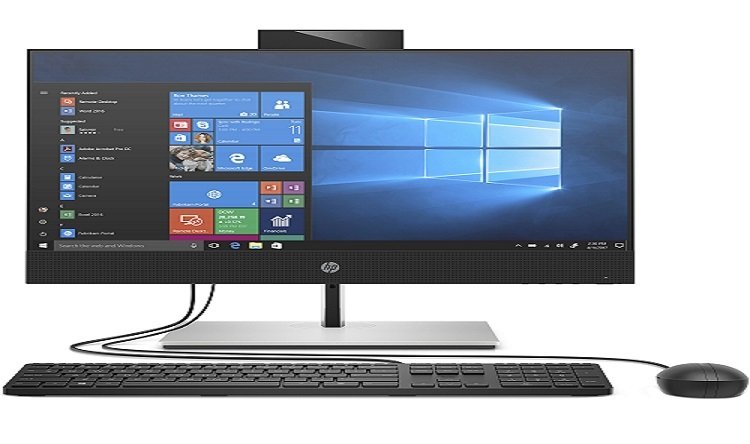
The importance of a computer or laptop's generation, also commonly referred to as its "generation" or "model," can vary depending on your specific needs and use cases. Here are some considerations to help you understand the importance of a computer's generation:
Performance and Hardware: Newer generations of computers typically come with hardware improvements, including faster processors, more RAM, and better graphics capabilities. If you require high-performance computing for tasks like gaming, video editing, 3D rendering, or running resource-intensive software, a newer generation may be crucial to meet your requirements.
Software Compatibility: Newer software and operating systems may not be compatible with older computer generations. Upgrading to a newer computer can ensure that you can run the latest applications, security updates, and features. This is particularly important if you depend on specific software or need to stay up-to-date with the latest technology trends.
Longevity: Newer computer generations tend to have longer lifespans. If you invest in a more recent model, you're likely to receive support and updates for a longer period. This can save you money in the long run, as older computers may become obsolete faster.
Connectivity: Newer computers often come with updated connectivity options, such as USB-C, Thunderbolt, or the latest Wi-Fi standards. If you require these features for connecting to peripherals, external devices, or faster internet, a newer generation may be essential.
Security: Newer computer generations typically receive ongoing security updates and patches, which can help protect your system from vulnerabilities and threats. Older computers may become more susceptible to security risks as they age.
Portability and Form Factor: If you need a lightweight and portable laptop, newer generations tend to be thinner, lighter, and more compact. This is important for users who value mobility and want a sleek, modern design.
Price: Newer generations often come with a premium price tag. If your computing needs are relatively basic, you might find that an older generation still suits your requirements and is more cost-effective.
Environmental Impact: Opting for a newer generation may be more environmentally friendly due to improved energy efficiency and reduced carbon footprint. Older computers may consume more power and generate more heat.
Warranty and Support: Newer computers typically come with warranties and manufacturer support. This can be valuable in case of hardware issues, technical problems, or questions about your device.
In summary, the importance of a computer or laptop's generation depends on your specific needs, budget, and use cases. If you require high-performance computing, software compatibility, and long-term support, investing in a newer generation can be essential. However, if your needs are more basic, an older generation may still serve you well, especially if it offers a cost-effective solution. Always consider your specific requirements and budget when making a decision about computer or laptop generations.
